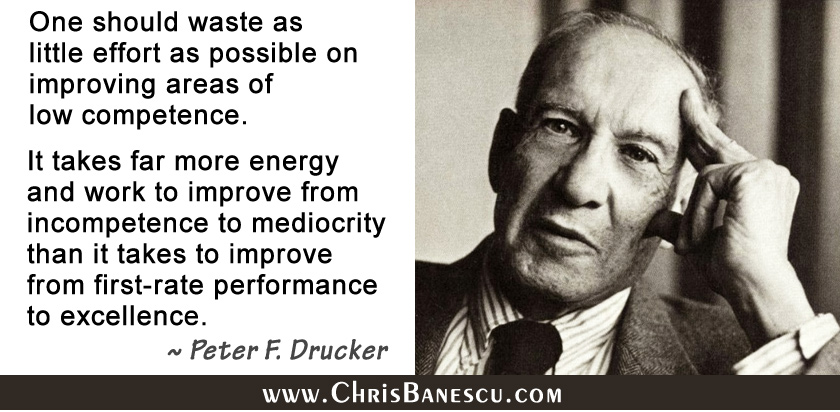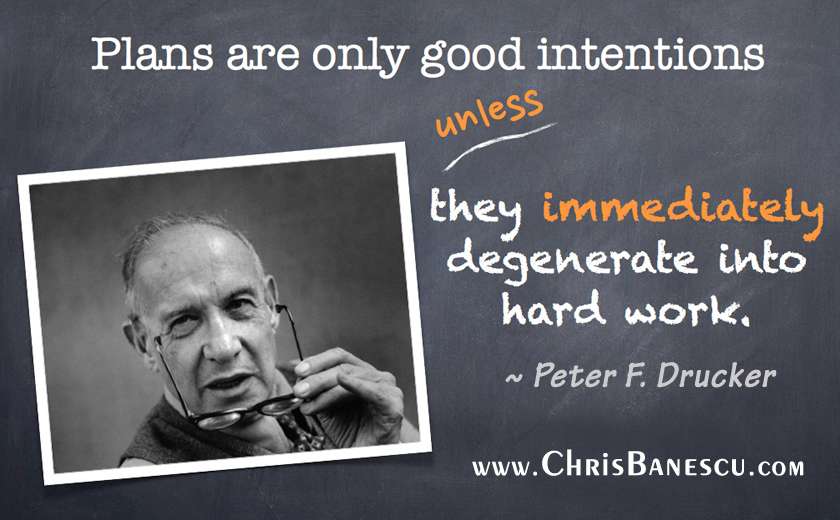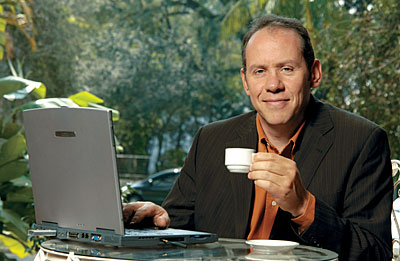 by Chris Banescu –
by Chris Banescu –
In his groundbreaking book, Up the Organization: How to Stop the Corporation from Stifling People and Strangling Profits, Robert Townsend, unconventional business executive and former CEO of Avis Rent-a-Car, provides us with witty and practical advice on how to tackle misguided organizational processes and attitudes that stifle people and undermine profitability.
Townsend despised the constant organizational push by management towards additional bureaucratic processes and cumbersome institutional procedures that increased in size and complexity as a company grew. He also offered smart suggestions on how to keep the executives’ egos in check.
His first proposal on dealing with the bureaucratic danger is to make the CEO the initial guinea pig for institutional experimentation. Before anyone else in the company is forced to follow any new process or procedure, or fill out a new form or questionnaire, the chief executive must complete it in full first. Townsend surmised this approach alone would “kill a lot of bad ideas early.” [Read more…]

 “We all have a vast number of areas in which we have no talent or skill and little change of becoming even mediocre. In those areas a person –and especially a knowledge worker– should not take on work, jobs, and assignments.
“We all have a vast number of areas in which we have no talent or skill and little change of becoming even mediocre. In those areas a person –and especially a knowledge worker– should not take on work, jobs, and assignments. by Chris Banescu –
by Chris Banescu – by Chris Banescu –
by Chris Banescu –
 by Brad Wieners –
by Brad Wieners – by Chris Banescu –
by Chris Banescu –